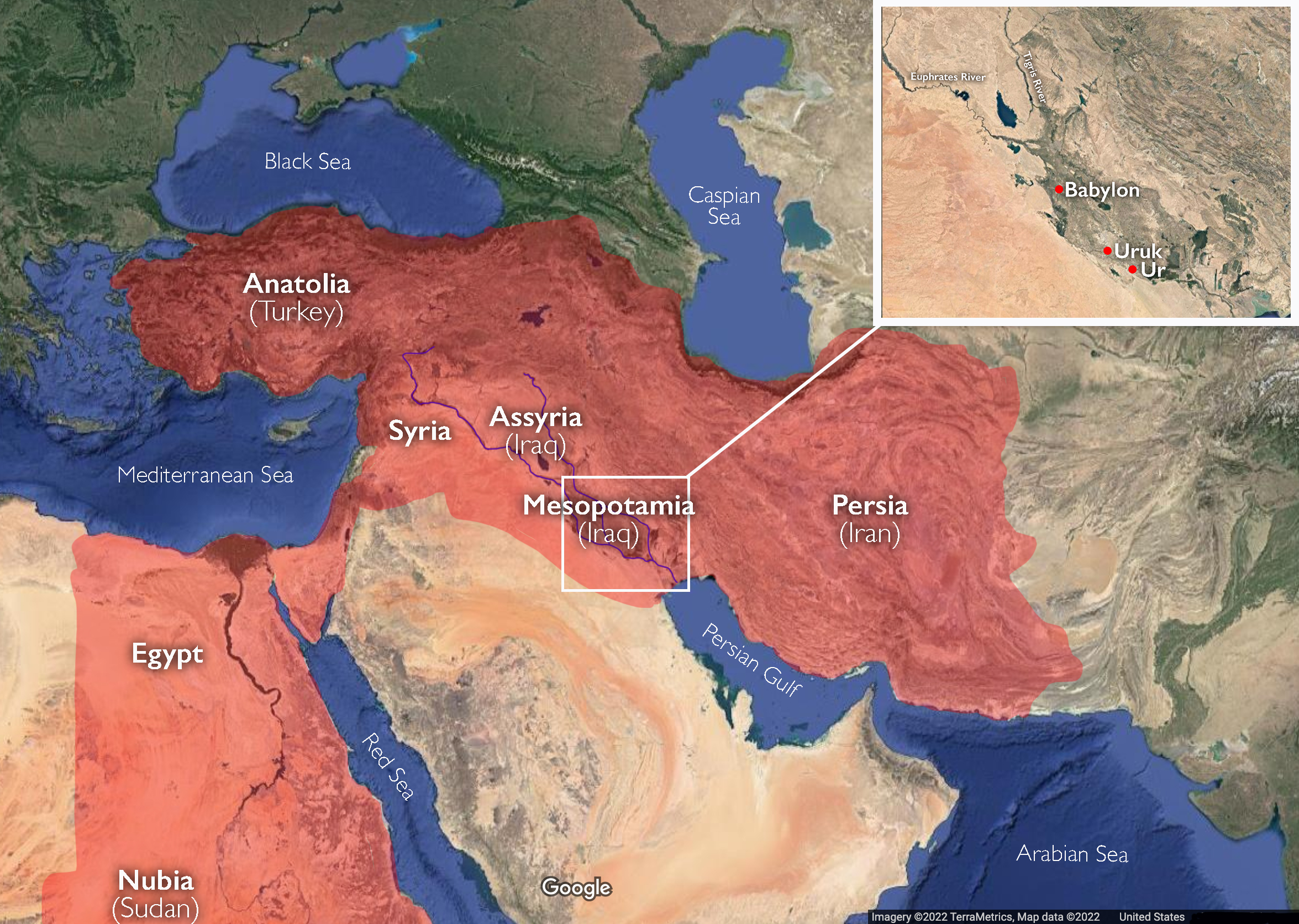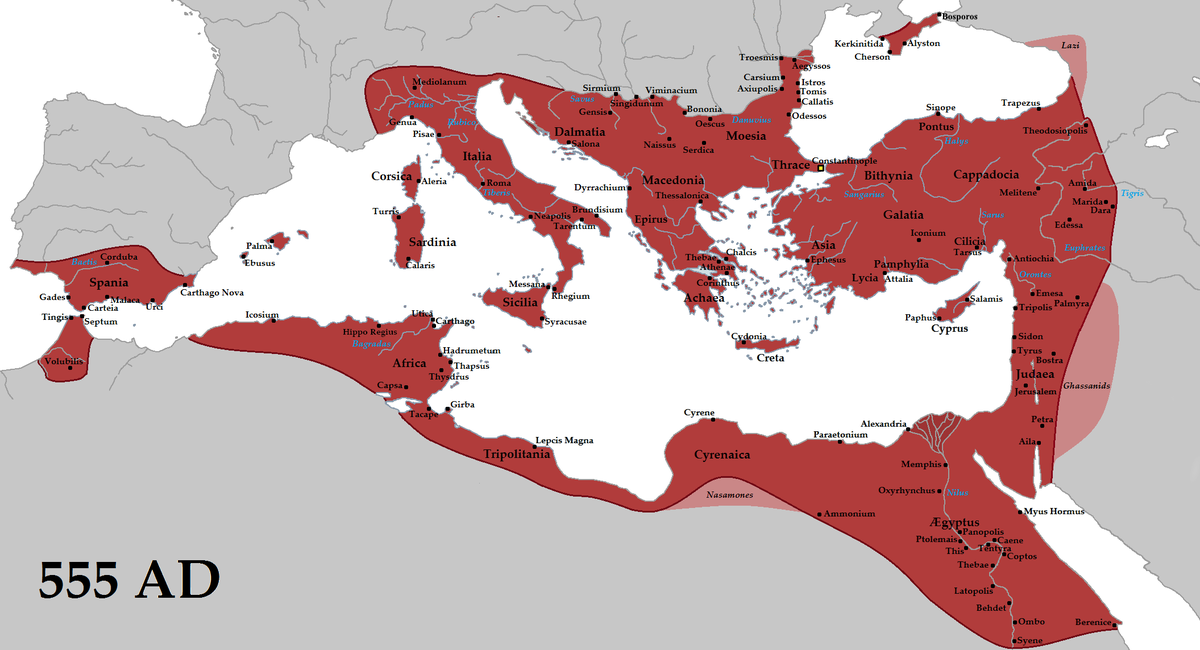Alexander the Great and the Hellenistic World
1/17
Earn XP
Description and Tags
Flashcards covering important terms and definitions related to Alexander the Great and the Hellenistic World.
Name | Mastery | Learn | Test | Matching | Spaced |
|---|
No study sessions yet.
18 Terms
Primary Source
An ancient source from antiquity, including written/visual sources or artifacts.
Secondary Source
A modern scholarly source, such as a modern article or book. Made by someone who wasn’t present at the event. Often analyzes or interprets primary sources.
BCE
Before Common Era; a dating system used instead of BC (Before Christ).
CE
Common Era; a dating system used instead of AD (Anno Domini).
ca.
Abbreviation for Latin 'circa', meaning 'around/about', commonly used for dates. (approximately)
cf.
Abbreviation for Latin 'cōnfer', meaning 'compare' or ‘refer to.‘ Used within text to guide the readers to make a comparison between the current statement and the cited source.
e.g.
Abbreviation for Latin 'exemplī grātiā', meaning 'for (the sake of an) example'.
etc.
Abbreviation for Latin 'et cetera', meaning 'and the rest/and so on'.
i.e.
Abbreviation for Latin 'id est', meaning 'that is'.
Ancient Near East (ANE)
Historical region covering parts of modern-day Iraq, Syria, and Turkey, known for early civilizations.

Byzantine Period
The period of ancient history from 330 CE to 1453 CE, following the Roman Empire.

First Century BCE
99-1 BCE.
Initial Century Dates
Time framing from First Century BCE (99-1 BCE) to Second Century CE (100-199 CE).
Hellenistic Period
The period from 323 BCE to 31 BCE, following the death of Alexander the Great.
Peloponnesus
Region in southern Greece, known as the island of Pelops, with many historical cities.
Anatolia
Also known as Asia Minor; the region corresponding to modern-day Turkey.
Phoenicia
Ancient civilization located in modern-day Lebanon, known for its cities like Tyre.
Alexandria
Ptolemaic capital city of Egypt, founded by Alexander the Great.